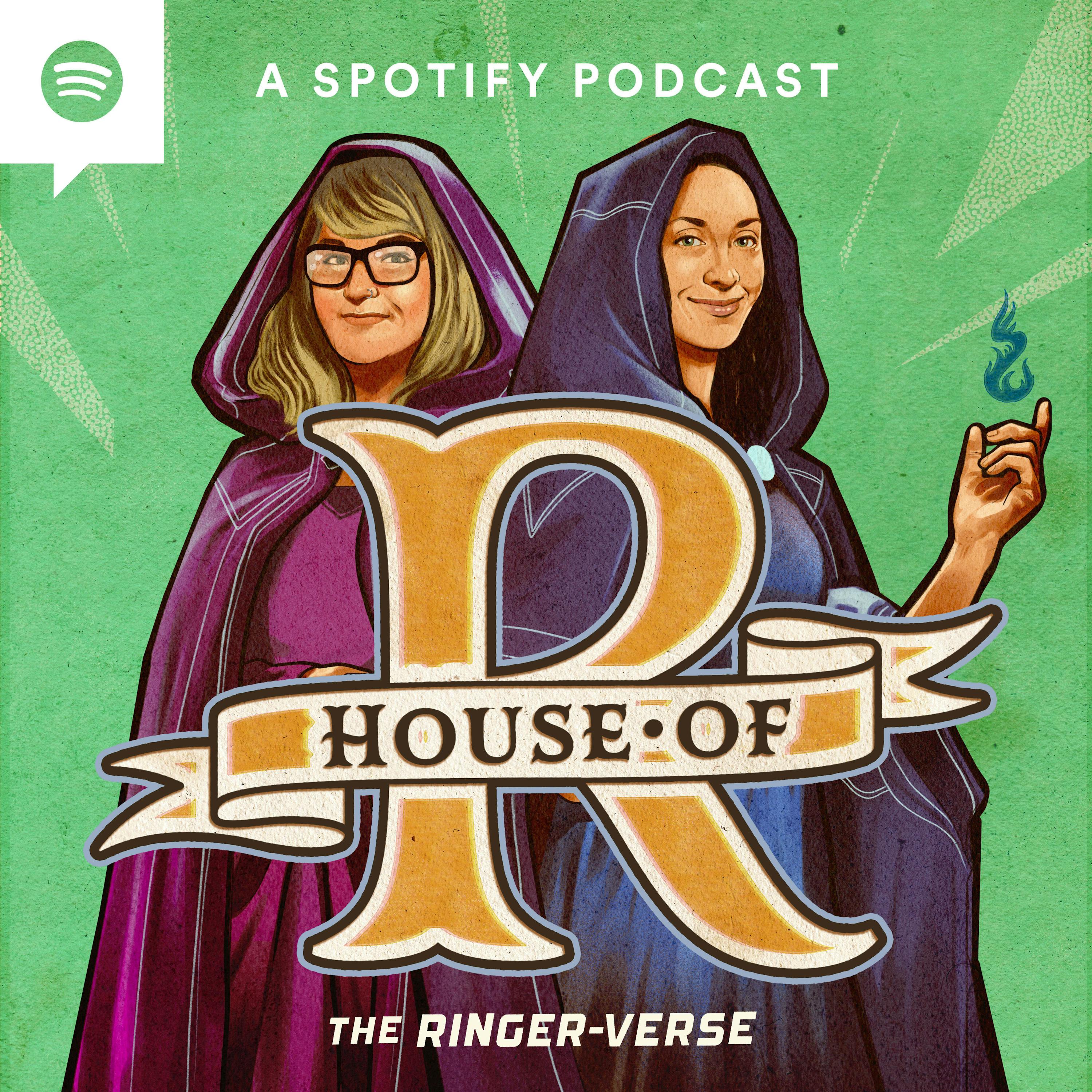
'Dune: Prophecy' Episode 6 Winners and Losers

House of R
Deep Dive
Why did the hosts feel disappointed with the finale of 'Dune: Prophecy'?
The finale was perceived as needlessly complicated, lacking emotional heft, and setting up for a future season without resolving the current arc. It felt more like a setup for the next adventure rather than a satisfying conclusion.
What are the main reasons the hosts are skeptical about the future of 'Dune: Prophecy'?
The show feels overly focused on familiar families and characters, lacks a widening of the Dune world, and introduces new elements that do not add substantial depth or novelty. The incestuous nature of the plot and the limited scope of palace intrigue further dampen their confidence.
Why did the hosts highlight the visuals as a winner of the season?
Despite some budgetary limitations, the show often featured stunning costuming, production design, and visual effects. The ice sequences with Valia, the palace design, and the space folding scenes were particularly praised.
What specific strengths did the hosts note about the young female cast?
The young female cast, including Emma Canning as Tula, Jessica Barden as Valia, and Chloe Lea as Lila, delivered compelling performances. Chloe Lea, in particular, was praised for her ability to convincingly play three distinct characters.
Why did the hosts feel that Emperor Haviko was a significant loser of the season?
Emperor Haviko was portrayed as a weak and easily manipulated character, lacking the capability and depth seen in more compelling leaders like Ned Stark. His fall felt unimpressive and uninteresting, which also diminished the perceived success of the Bene Gesserit's manipulation.
How does the failure of 'Dune: Prophecy' impact the perception of Denis Villeneuve's Dune films?
The failure of the TV show makes Denis Villeneuve's films look even more impressive, highlighting his unique ability to adapt the complex Dune universe successfully. This contrast further emphasizes the quality and assurance of his direction and storytelling.
- Mixed reactions to the season finale and overall season
- Discussion of character arcs and plot points
- Criticism of the show's pacing and lack of resolution
- Highlighting of successful aspects such as visuals and young cast
Shownotes Transcript
Sometimes the sands are cruel. Today, Mal and Jo are here to recap and react to the final episode of ‘Dune: Prophecy.’ They then break down the winners and losers of this season. And while it might have been underwhelming, they can always find the silver sand lining.
Hosts: Mallory Rubin and Joanna Robinson
Producers: John Richter and Steve Ahlman
Video Editor: Steve Ahlman
Social: Jomi Adeniran
Learn more about your ad choices. Visit podcastchoices.com/adchoices)